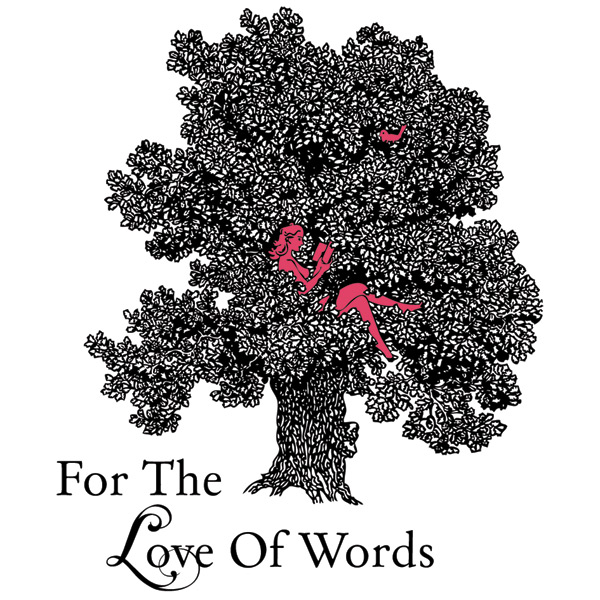Changing the ending
Yesterday afternoon, I changed the ending of someone else’s story.
I attended the launch of Golden Kelp, an album featuring the shakuhachi, an ancient bamboo instrument, and the harp. The accomplished musicians, Riley Lee and Cliona Molins, played for the packed audience at the Roseville New Church in Sydney. It was meditative, mesmerising.
Riley Lee’s shakuhachi selection and Cliona Molins’ harp.
Among the inspired pieces was one called An Chúilfhionn or An Coolin, a popular part of the 18th century Irish harp repertoire. Its inspiration went back to a ruling under King Henry VIII that from 1 May 1539, Irish men were prohibited from wearing their hair in a particular style: short back and sides with long hair on top. The long locks were referred to as glibs (or glibbes).
The story behind the composition of An Coolin was of an Irish virgin who is encouraged to choose a man with hair that complies with the new legislation over her lover, a man who sports the newly banned long locks, the titular coolin (or coulin).
The thought of a hairstyle being outlawed is so ridiculous, it prompted me to change the ending of this story for the young maiden. (Incidentally, the glib wasn’t the only thing dispensed with. The same item of legislation also prohibited a variety of clothing and fabrics worn ‘after the Irish fashion’.)
While listening along, I imagined the choice this woman had to make being on public display, as a promotion for the new ruling. I saw her standing on a raised platform at the centre of a town square heaving with boisterous spectators as she was faced with both men – one, her long-haired beloved looking crestfallen, the other, a total stranger with boring closely cropped hair – standing opposite each other. Presiding was an authority figure booming at her to make her choice. She’d have been briefed beforehand to choose the man with the legally acceptable locks. She’d have agreed to it under duress, intimidated into submission by being alone in a room with this man.
But now, even as she was engulfed by the energised crowd and facing the authority figure staring her full in the eyes, confident she’d stick to her end of the deal and publicly denounce the coolin, she ignores them all and follows her heart. She bravely walks over to her long-haired lover, her coolin, and links her arm in his. The pair of them shine brightly in their love and levitate up and away to a beautiful land where everyone can wear whatever they like, on their head and their body, and the crowd goes wild for this open display of defiance. They cheer them on as they fly away, drowning out the followers of the nonsensical law.
I like that ending much better.

